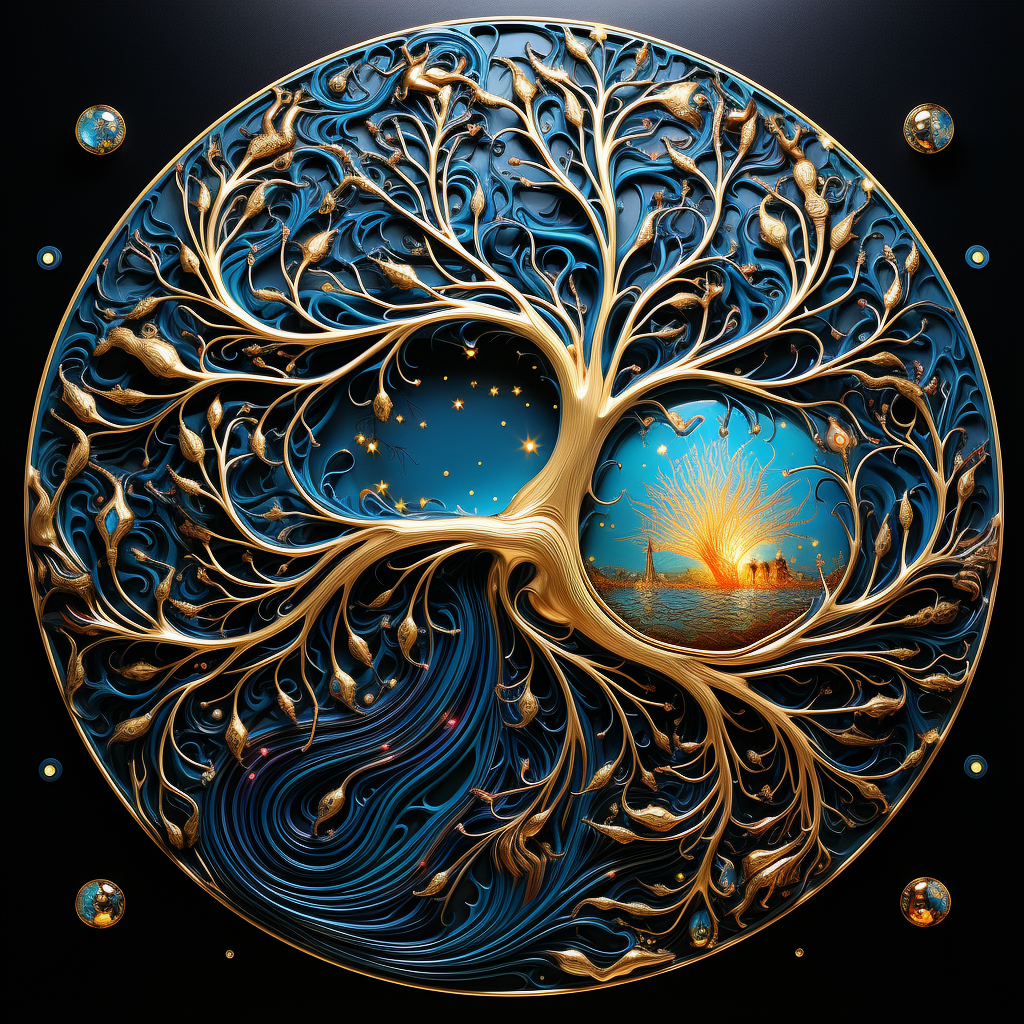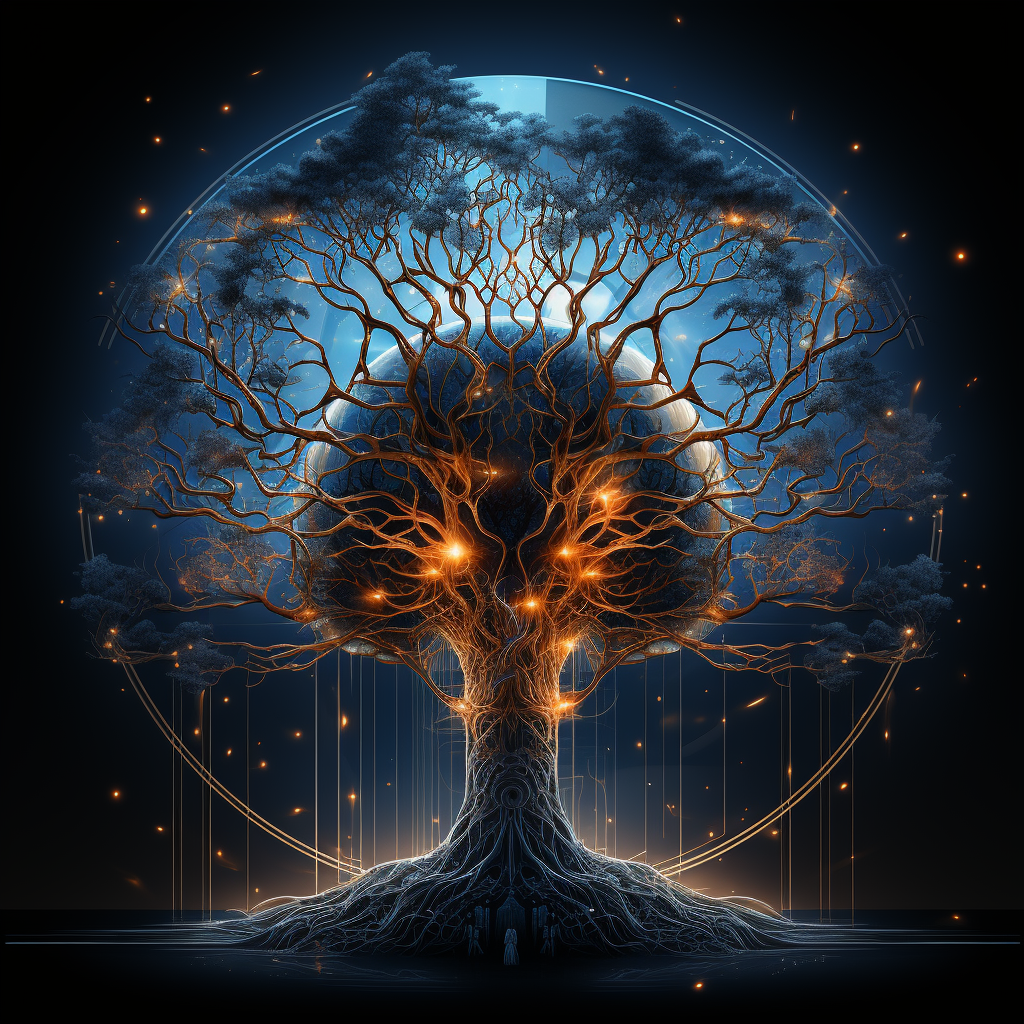Have you ever laid in bed, eyes heavy with fatigue, but your mind refusing to rest? With age, it seems that the inner monologues, reflections, and musings only intensify. Our minds are in a perpetual state of activity, like a river that never ceases to flow. One might ask, “why would you want to silence it?” This inexhaustible mental engine might very well be God-given, a divine compass guiding us toward our purpose.
The Constantly Working Mind
With every passing year, our life experiences accumulate. They say that with age comes wisdom, but perhaps it’s more accurate to say that with age comes contemplation. A study by Maillet and Rajah (2013) suggested that as we age, we shift towards using our medial prefrontal cortex more, an area associated with self-referential thoughts. This could account for the heightened self-reflection and introspection many report as they grow older.
Your Mind: A God-Given Guide
For believers in a higher power, the mind’s relentless workings can be seen as divine. Many spiritual teachings emphasize the significance of intuition as a link to the divine. “For those who are led by the Spirit of God are the children of God,” reads Romans 8:14. In this view, the thoughts, insights, and intuitions that arise in our minds could be perceived as whispers from the universe, guiding us towards our destinies.
The Flow of Intuition
Mihaly Csikszentmihalyi, a prominent psychologist, coined the term “flow” to describe a state of optimal experience where individuals feel fully immersed and engaged in an activity, with a perfect balance between challenge and skill. When one is in flow, there is a sense of effortlessness, as if being carried by a current. One could argue that when we align with our intuition, we are tapping into this flow, a harmonious state where decisions feel right, and paths unfold naturally before us.

Listening with a Heart
Learning to listen and trust our intuition requires both work and a listening heart. As Lao Tzu once said, “Knowing others is wisdom; knowing the self is enlightenment.” This path towards understanding and trusting our inner voice is not about suppression or force but rather about creating space. Meditation, mindfulness practices, and self-reflection can all cultivate this space, allowing for our intuition to shine through more clearly.
Conclusion
The mind’s ceaseless activity is not something to be silenced but rather to be embraced. Whether seen as a gift from God or a product of years of experience, our thoughts and intuitions serve as guides, leading us towards our purpose. By aligning with this inner compass, by flowing with zero friction, we can navigate life’s currents with grace and ease.
References:
- Maillet, D., & Rajah, M. N. (2013). Age-related differences in brain activity in the subsequent memory paradigm: A meta-analysis. Neuroscience and Biobehavioral Reviews, 37(10), 2405-2417.
- Csikszentmihalyi, M. (1990). Flow: The psychology of optimal experience. Harper & Row.
- The Bible, Romans 8:14.






